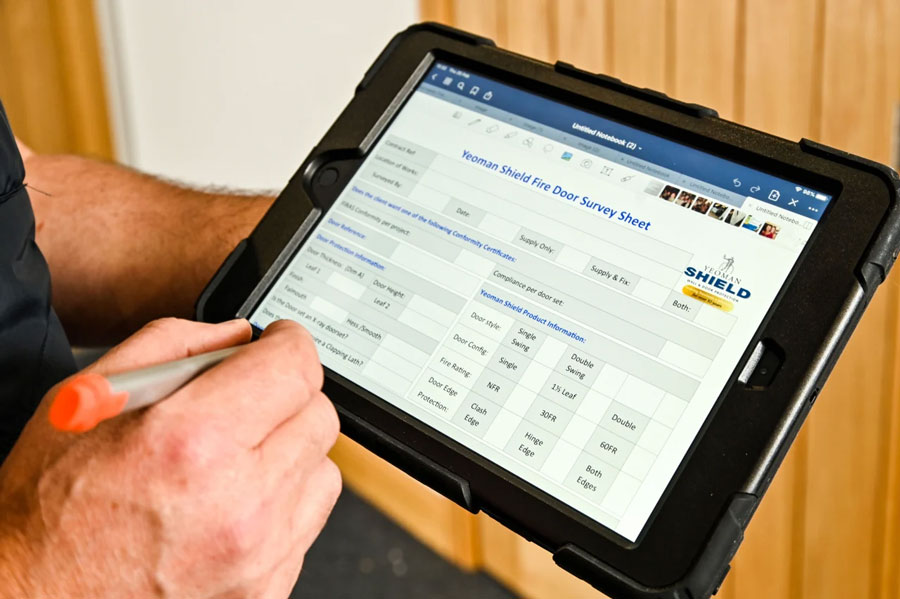Construction’s significant role in hitting Net-Zero target

Architects interior designer hands working with Blue prints and documents for a home renovation for house design
Written by Andrew Carpenter – Building Products columnist
Andrew Carpenter is Chief Executive of Constructing Excellence South West, a cross-sector, cross-supply chain, member-led organisation charged with driving the change agenda in construction.
While climate change has been on the agenda for the UK construction industry for some time, it’s now back in full focus after taking a back seat due to the recent pandemic.
And rightfully so
The recent Climate Change report delivered by the UN’s Intergovernmental Panel on Climate Change (IPCC), described as ‘a code red for humanity’, provided sober reading on the state of our planet’s future and the crisis we face.
The UK was already facing the hugely daunting and ambitious task of reaching net-zero carbon by 2050. But in recent weeks, the government has now gone even further – committing itself, and the country, to cutting emissions by 78% between now and 2035.
Construction accounts for 40% of all carbon emissions, which means we become very important to hitting the target. And while 2035, let alone 2050, seems a long way off, if we have any chance of hitting those incredibly demanding targets, we need to accelerate change now.
There is no doubt that our industry is doing more to maximise carbon efficiency, but before we start congratulating ourselves for our commitment to sustainability, we need to be doing more.
There needs to be more research and development of more sustainable materials and working practices, including whole life carbon, and more collaboration between developers, designers, engineers, contractors, and clients to further reduce construction waste.
To reduce the carbon impact, we must construct homes and other buildings that deliver the highest standards of energy efficiency in the years ahead and minimise energy and resource use during the manufacturing and construction phase.
As a more sustainable alternative to conventional construction, offsite and Modern Methods of Construction (MMC) can reduce operational energy use and the carbon associated with it, and will be a key player in driving emissions down, not just by reducing travel to and from the site and limiting landfill of waste products, but by also working to limit the embodied emissions and delivering a more sustainable structure across its entire lifecycle.
Offsite and MMC must be considered for all building projects to be delivered more efficiently and cost-effectively.
Achieving a net-zero construction industry is a huge challenge, and one that will require support from governments, but it’s one our industry can win by working together. Not only can we make construction greener, but we can also capitalise on opportunities for growth.




















